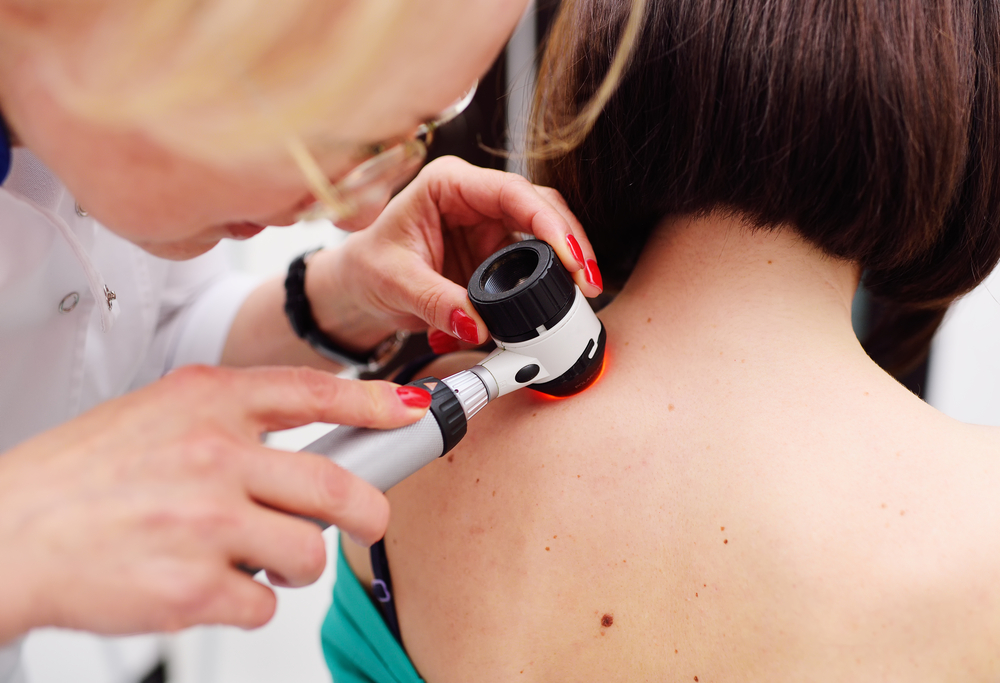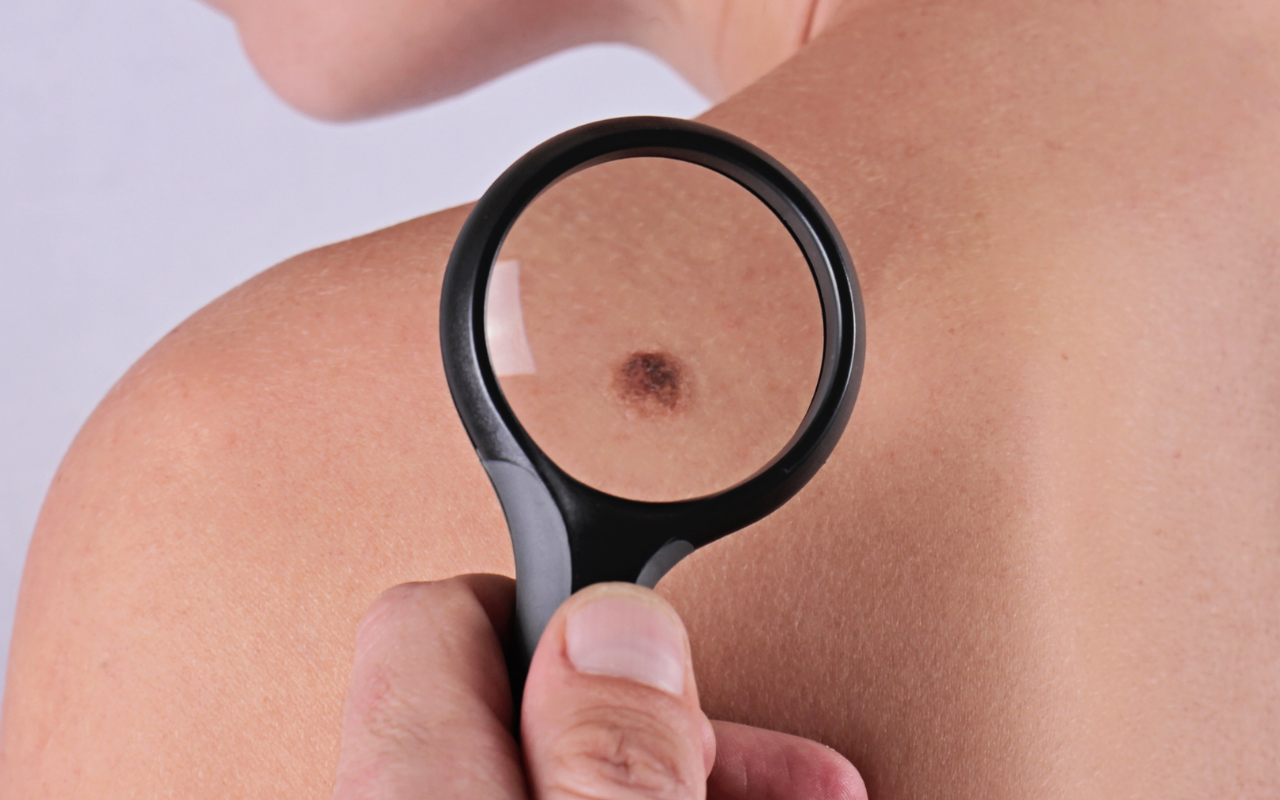While access to invasive melanoma health care is fairly equitable across Queensland, people in regional areas are relying more on public hospitals for treatment rather than GPs or skin cancer specialists.
New research has found that while people across Queensland have reasonable access to skin cancer checks, people in more remote areas are more likely to be admitted to public hospitals for skin cancer-related conditions.
The research, published in the Medical Journal of Australia, suggests improving access to general practitioners who can perform skin cancer surgery and surveillance in regional areas could improve health outcomes and reduce the need for hospital care.
Melanoma incidence and mortality rates in Australia are among the highest in the world, with Queensland experiencing the highest incidence rates nationally.
The annual number of newly diagnosed melanomas is expected to increase by over 50% between 2020 and 2040.
Because of this, the research authors argue that “quantifying service use by people with melanoma is vital”.

Analysing the data
The researchers undertook a benefit incident analysis to assess the differences in health service use by people diagnosed with melanoma according to the levels of residential remoteness and socio-economic disadvantage.
They studied data on adult patients with melanoma who used health services between 1 July 2011 and 30 June 2018 and who were alive three years after diagnosis.
“We found few differences by socio-economic status or remoteness in health care service use by people with primary diagnoses of invasive melanoma,” the authors wrote.
“As there were no significant differences in cancer stage at diagnosis by socio-economic or remoteness category, we can also infer that the level of care received was not significantly influenced by residential location.”
Despite the relative equity in the level of care received, there were some differences in how that care was delivered.
People in less disadvantaged areas were admitted to private hospitals or used specialist services more than people in more disadvantaged areas, who relied more on public hospitals for care.
“Greater use of specialist care in areas of lesser disadvantage could contribute to some inequity in health care,” the authors wrote.
The role of GPs
In Australia, initial diagnosis and local excision of melanomas is typically managed by GPs, and the treatment is subsidised by Medicare.
The research authors argue further investigation is needed into why people in disadvantaged and regional areas are relying on public hospitals instead of GPs.
“Greater public hospital use by people in rural areas may reflect the limited availability of specialists and general practitioners,” the authors wrote.
“Improving access to general practitioners who can perform skin cancer surgery and surveillance in these areas could improve health outcomes and reduce the need for hospital care.”
Despite the minor variations in medical service use in differing socio-economic and geographic categories, the findings that care is fairly equitable throughout Queensland should be encouraging, as Australia aims to embed equitable access to cancer services in the 2021–33 Australian Cancer Plan.
“Providing skin cancer services of equivalent standard across a decentralised population is logistically difficult,” the authors wrote.
“Optimising service delivery to ensure maximal health benefits for everyone should remain the goal.”
Read the research in the Medical Journal of Australia.
Subscribe to the free InSight+ weekly newsletter here. It is available to all readers, not just registered medical practitioners.

 more_vert
more_vert